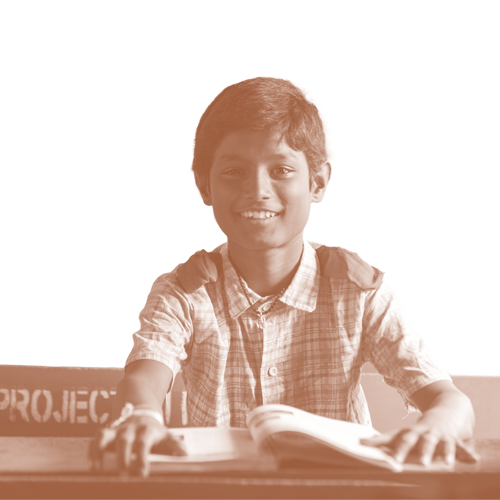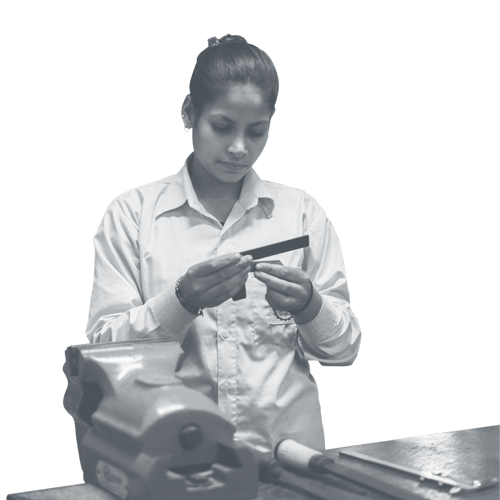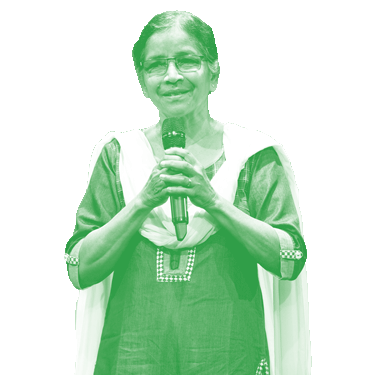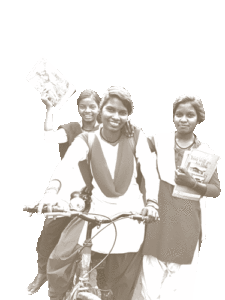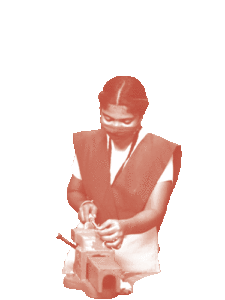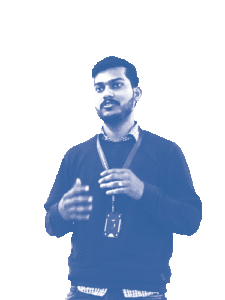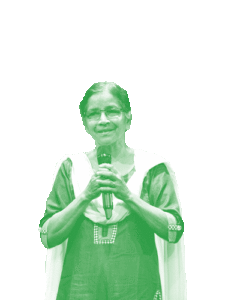Looking Forward To Connect The Dots
We have had a remarkable year in India’s skill development and education ecosystems. Through numerous collaborative efforts, we achieved significant milestones in driving systemic change in the school-to-work ecosystem.
One notable accomplishment was the launch of the Employability Skills curriculum, a joint initiative of the Future Right Skills Network and the Ministry of Skill Development and Entrepreneurship, Govt. of India. This curriculum has the potential to 2.5 million learners, empowering them for a brighter future. We are also making strides in Odisha, working on a coding and computational thinking curriculum that will soon be integrated into all state government schools, starting August 2023.
As we conclude our five-year strategic plan at the organizational level, we are preparing for the road ahead. The external realities, particularly climate change and the emergence of AI, pose both challenges and opportunities for the learning ecosystem. Floods, heat waves, and droughts are posing significant risks to education and skilling – increasing absenteeism, dropouts, and the loss of traditional jobs. Climate-induced migration and poverty are set to exacerbate existing vulnerabilities and create new ones.
AI and other technological advances will offer opportunities to enhance learning experiences. An approach that harnesses AI's potential, and ensures human-centric and non-technical skills like creativity, problem-solving, and critical thinking can unlock the potential of young learners.
While the future is quite uncertain, we believe it holds immense potential. The best possibility is to find the right balance between humans, nature and technology where young people can build solutions to make the world more dignified, equitable and inclusive. We advocate for Future literacy as a critical 21st-century skill. It is a skill that allows people to better comprehend the role of the future in their actions and decisions, empowering the imagination, enhancing our ability to prepare, recover and invent as changes occur – as defined by UNESCO – is critical for all stakeholders. As we navigate these challenges, we must co-create collective futures within the learning ecosystem. This calls for collective consciousness, questioning existing paradigms.
In light of these developments, our focus remains on connecting the dots within the learning ecosystem. We want to co-create collective futures for it. Together, we will embrace change, promote resilience, and create a more dignified, equitable, and inclusive space for India’s learners.
Thank you for your unwavering support and dedication to our shared vision.
Aakash Sethi
CEO, Quest Alliance
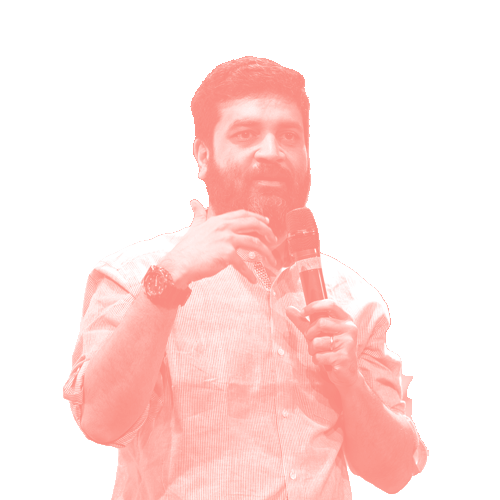
2023: A Year at a Glance
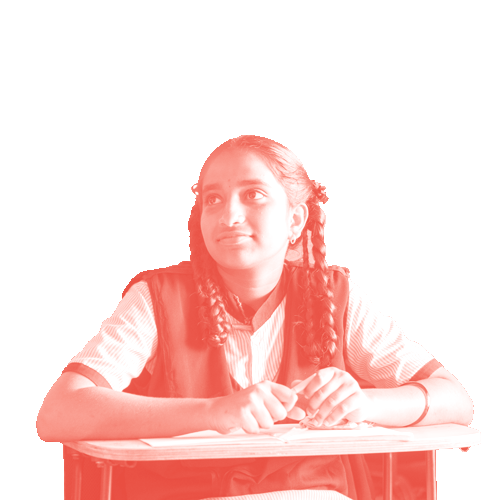
Learners in schools
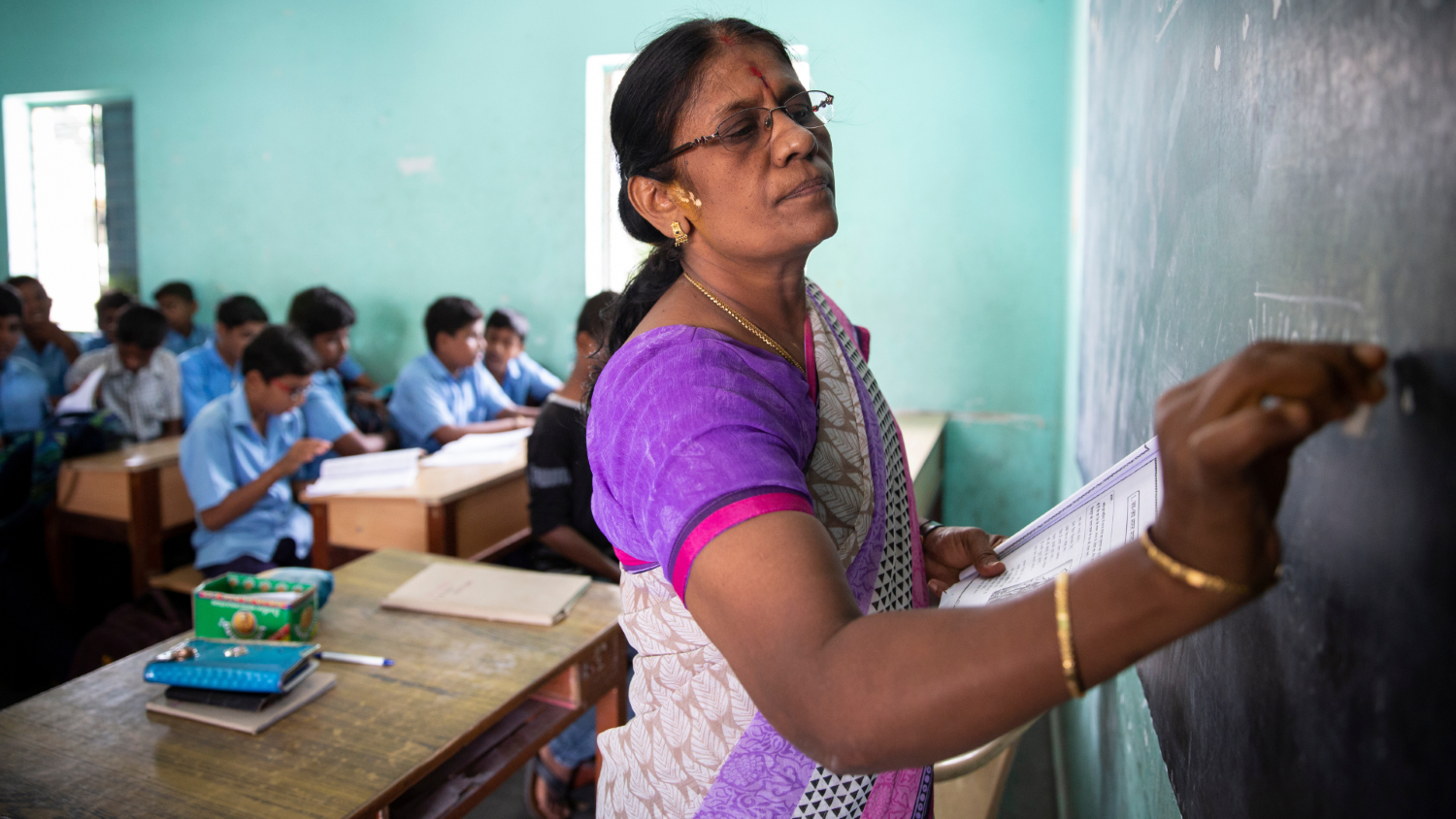
Assessment of 195 out 4,500 teachers part of our in-service training program in 9 states shows 15% increase in 21st-century pedagogy, attitude, gender attitude, and self-belief.
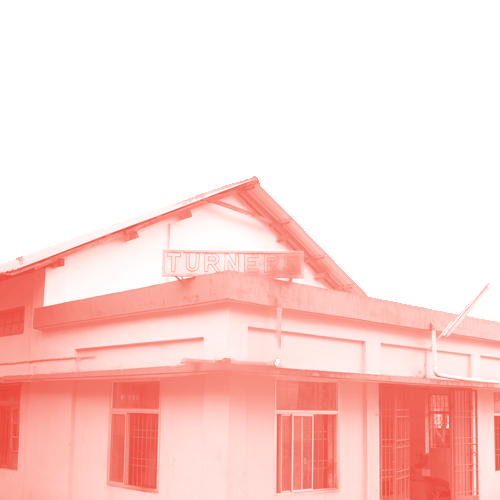
Educational institutions
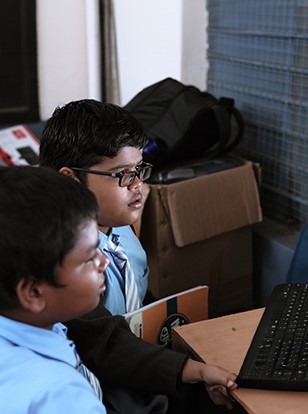
Endline evaluation with 1,400 students in Karnataka shows improved digital fluency and shifting gender attitudes.
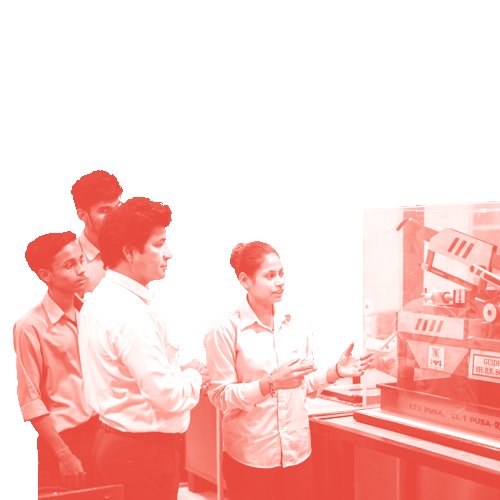
Learners in skilling institutions
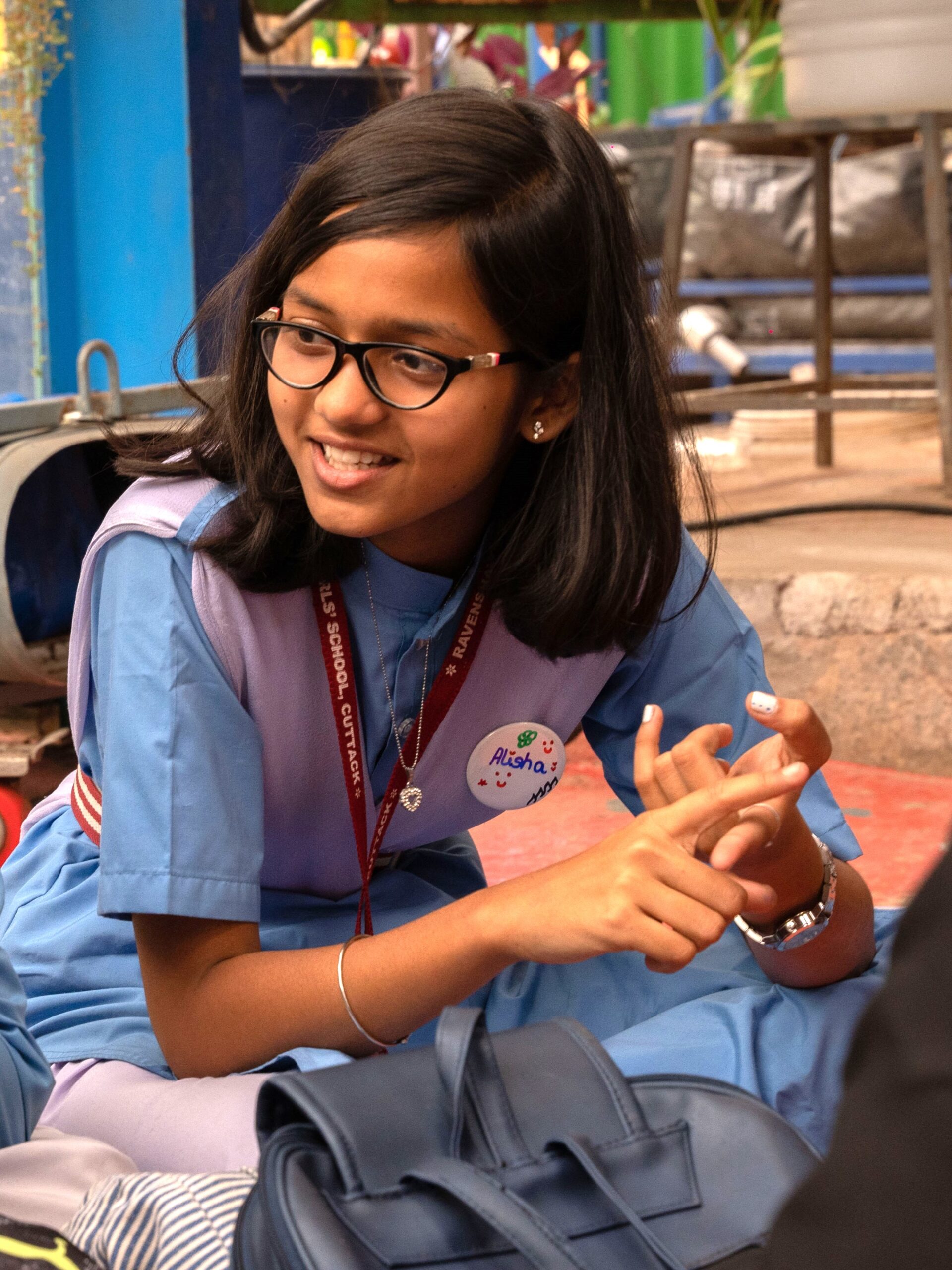
18% more learners used the internet to search for career information; though gender disparity was noted. 32 Role Model Interactions engaged 2,600 students.
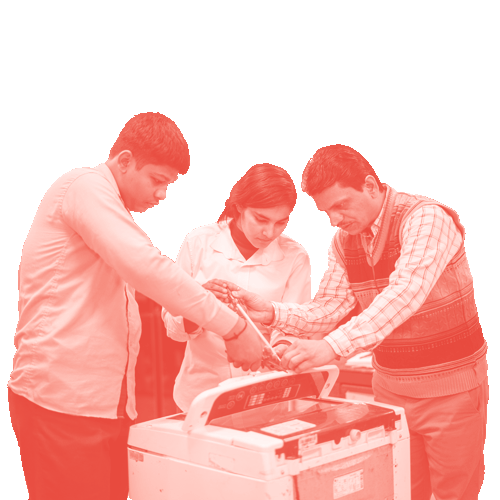
Educators and trainers
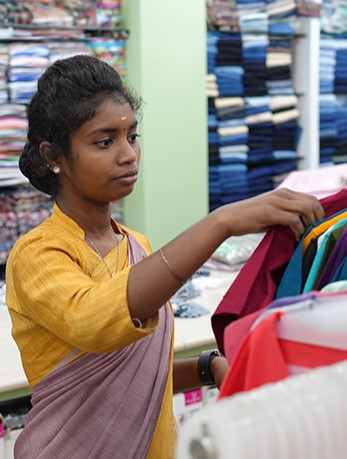
An evaluation study with 387 alumni from our VTIs showed 51% of alumni are employed and 19% in higher studies. 68% of them reported that the program had a positive impact on communication skills and confidence.
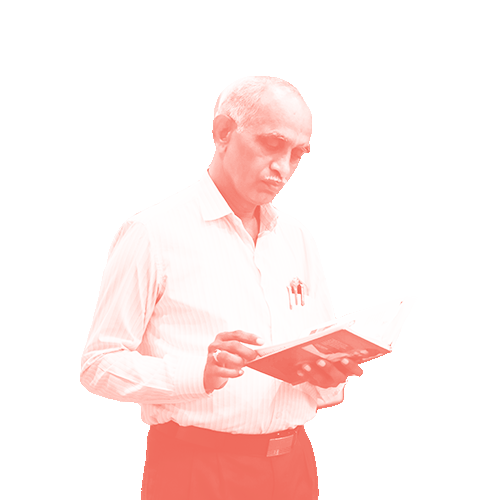
Educational leaders
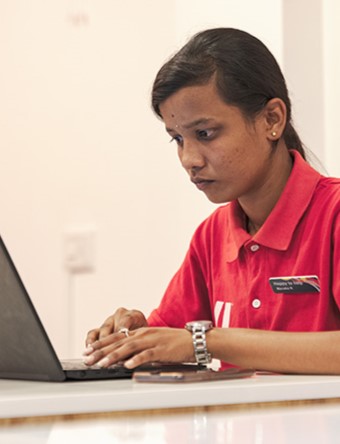
An alumni tracking study showed 65% were employed for 2 years after graduation. Female alumni reported more job changes owing to low salaries, long commutes etc. and salaries are on avg. 24% less than their male peers.
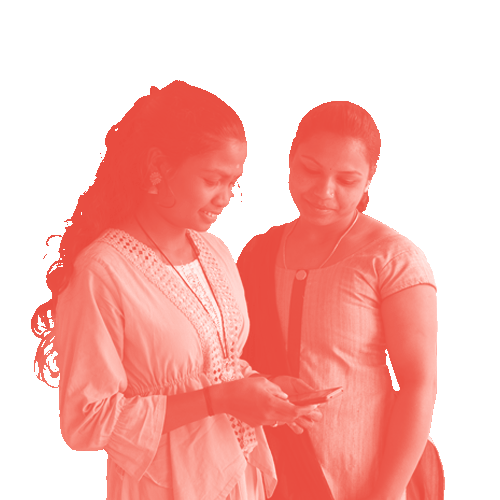
registrations on the Quest App
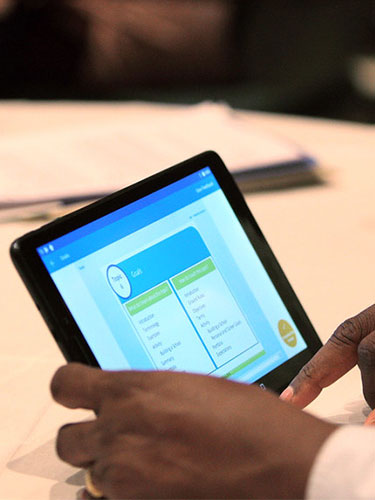
Quest 2 Learn's Gujarat edition and the Schools program edition brought together 300 stakeholders from the education and skilling ecosphere.
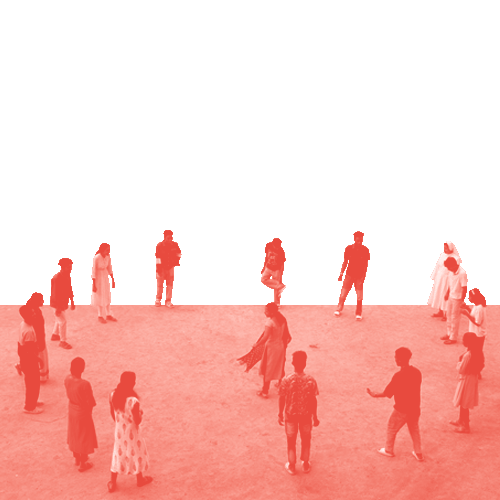
States
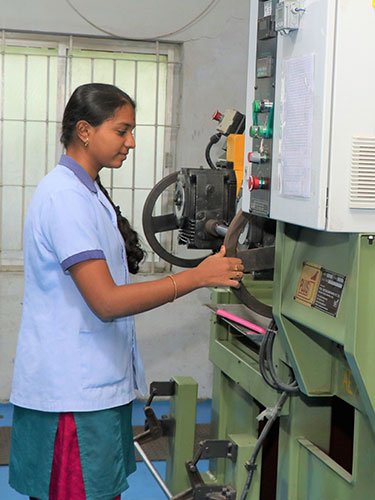
Report on Blended Learning: Experiences in Public Education and Design Principles for Low-Tech Environments presented insights from 11 states.
Transforming Learning Ecosystems
Quest’s learner-focused programs are designed to foster and build 21st-century skills among young people by bridging key gaps in the School-to-Work continuum.
Rooted in the practice of Self-Learning and powered by ed-tech, capacity-building, partner collaborations and advocacy, our aim is to create impact that changes lives.
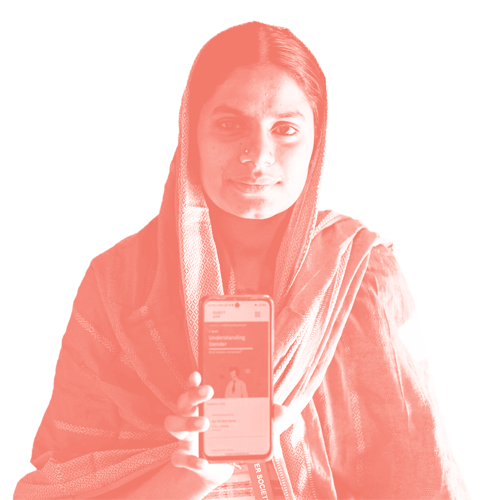
Our work with educators aims to ignite learner-centered, high-impact designs, curricula, models, and practices. It focuses on driving comprehensive, meaningful, and enduring transformations among educators and leaders, resulting in holistic shifts that empower individuals in the learning ecosystem.
1,250 Educators across 25 partner organizations and govt. skilling institutes.
Scaling with the
Government
Partnerships with 27 State governments and 1 central government.
A 3-year partnership with Govt. of Gujarat’s Samagra Shiksha Abhiyaan to build a scalable model on developing STEM mindsets for over 300,000 students.
Under Govt. of Odisha's Kaushali (Skilling) Club, 1 million govt. high school students will use our 30-hour computational thinking and coding curriculum.
Joined Govt. of
Karnataka’s Karnataka Model School Pathway Programme (KMSPP), reaching 105 schools.
Launched a new Employability Skills curriculum with the Future Right Skills Network, Directorate General of Training (DGT) and the Ministry of Skill Development and Entrepreneurship, benefitting over 2.5 million students nation-wide.
Trained 3,250 Employability Skills trainers in 28 states and 8 union territories in collaboration with DGT, TATA Strive, Central Staff Training and Research Institute, and National Instructional Media Institute.
The Team at Quest
Throughout the year, our organization has focused on three core themes: [1] Nurturing leadership, [2] Fostering well being, inclusion, and equity, and [3] Maximizing the potential for transparency, recognition, and reflective learning.
To nurture new leaders, we formed 7 working groups to work collaboratively on key focus areas. Team members across levels, geographic locations and tenure in the organization are part of these groups. Each of these draw upon collective insights and solutions, instilling a sense of ownership, improving efficiency and allowing transparency for various change-management processes. We also promote peer learning and skill-building sessions that have helped nurture a thriving learning environment.
In the aftermath of the COVID-19 pandemic, as a priority, we established a robust approach to ensure the well-being of our team. By actively listening to their needs, we instituted a hybrid policy enabling caretakers to balance work and personal life. This hybrid policy allows the team to work remotely for most of the month and work from the office or a field location for some part of the month.
Empowering high-performing team members to lead and facilitate organizational spaces, such as team meetings and skill shack sessions, has proven fruitful. Leveraging their expertise, these individuals contribute to our success and find fulfillment while creating environments that encourage reflection and continuous learning. To support employee growth journeys, the Reach for the Stars initiative emphasizes each member’s learning ownership.
270 Team Members
60% women in senior leadership roles
161:108:1 Gender ratio
16 STATES
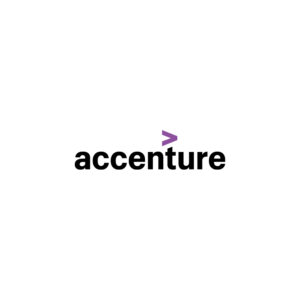

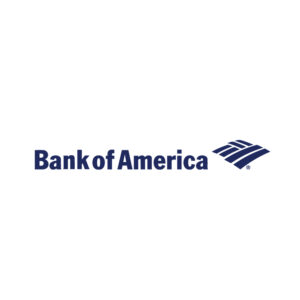
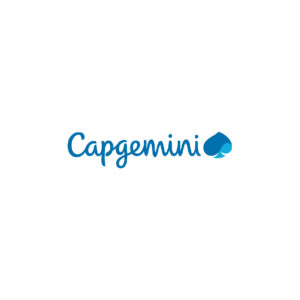
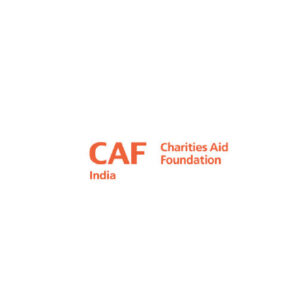
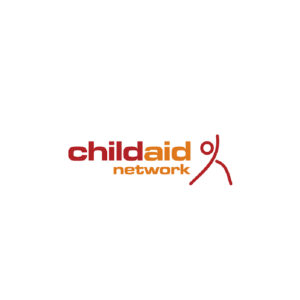
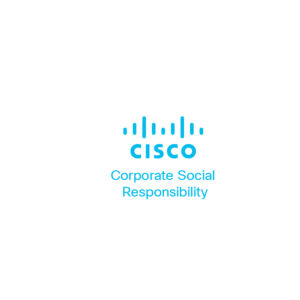
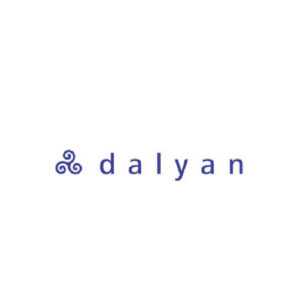
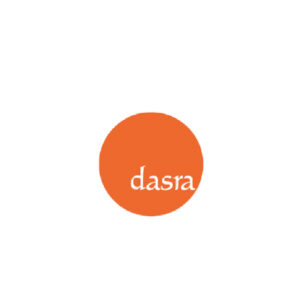
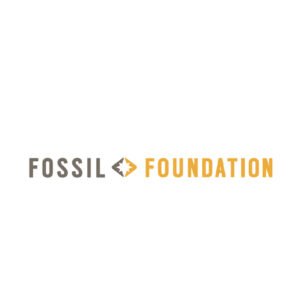


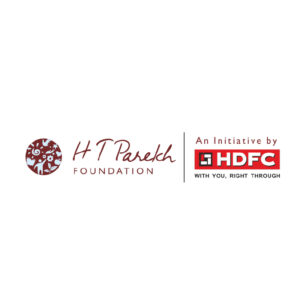
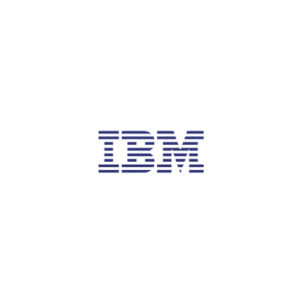

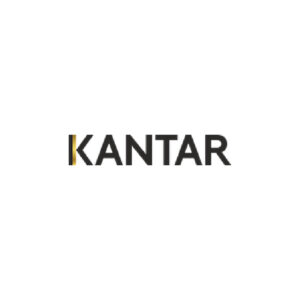


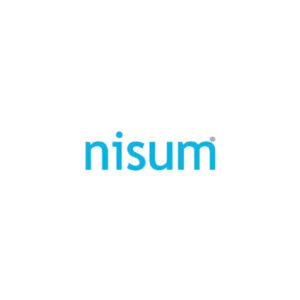
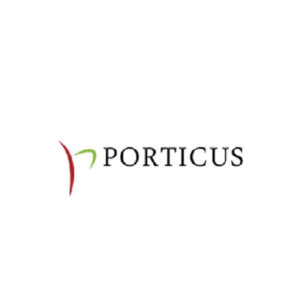
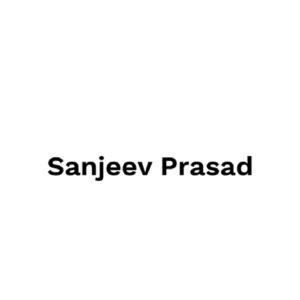
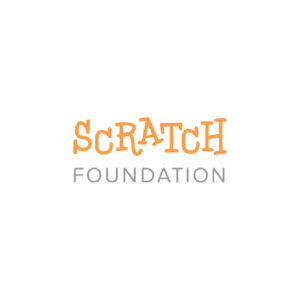

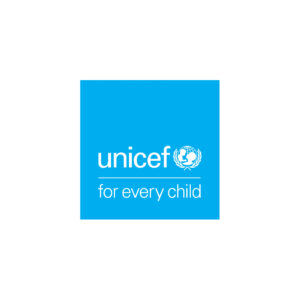


1. Aga Khan Rural Support Programme (India)
2. Alombro Mayu Yaku Chi Amey Aroga (AMYAA)
3. American India Foundation Trust (AIF)
4. Ashalaya Trust
5. Ashankura
6. Association for Promoting Social Action (APSA)
7. Ashalaya Trust
8. Careship
9. Center for Development and Empowerment of Women Society (CDEW Society)
10. Centre for Education Developmental Research and Action (CEDRA)
11. Cohesion Foundation
12. Dasra
13. Digital Empowerment Foundation
14. Don Bosco Vazhikaatti Educational and Charitable Society
15. Dream a Dream
16. Foundation for His Sacred Majesty
17. Functional Vocational Training and Research Society (FVTRS)
18. Grassroot
19. Kaivalya Education Foundation
20. Little Flower Service Society
21. Navjeevan Trust
22. NEEDS
23. NEAID (North East Centre for Equity Action on Integrated Development)
24. NIIT Foundation
25. Nirmaan
26. Patang
27. Pro-rural
28. Quilon Don Bosco Society
29. Reaching Hand
30. SAFA Society
31. Salesian Sisters’ Society (India)
32. Sama Foundation
33. Sparsha Trust
34. St. Thomas Charitable and Educational Trust
35. St. Xavier Non-Formal Education Society (HDRC)
36. Student Partnership Worldwide India Project Trust
37. Sattva
38. The American India Foundation Trust (AIF)
39. The Association for Promoting Social Action (APSA)
40. The Quilon Don Bosco Society
41. Yuva Chintana Foundation
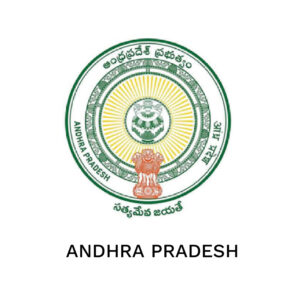
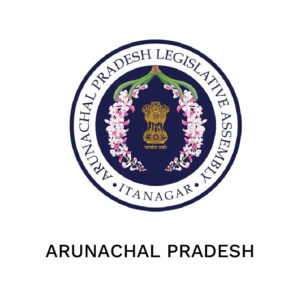
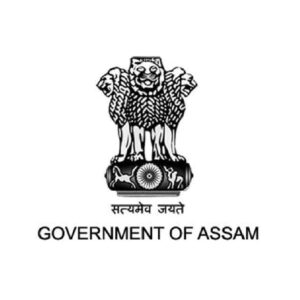
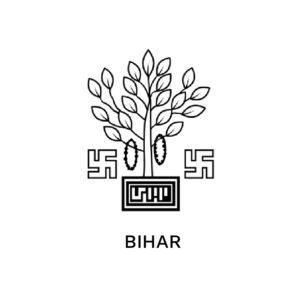
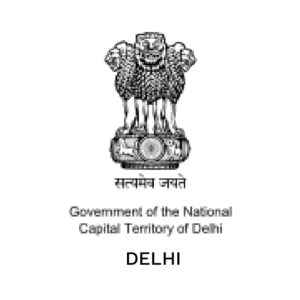
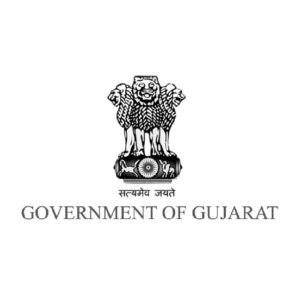
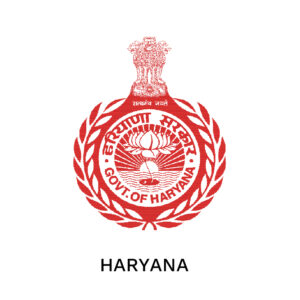
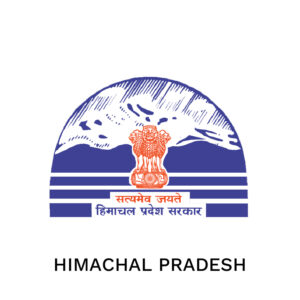
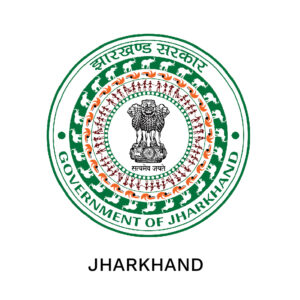
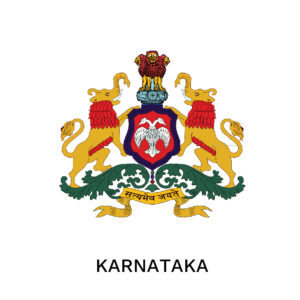
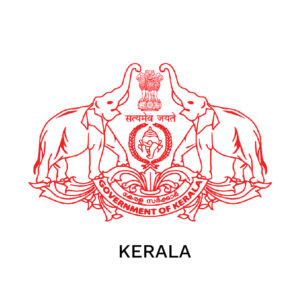
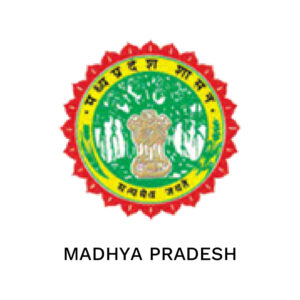
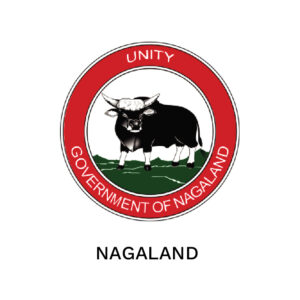
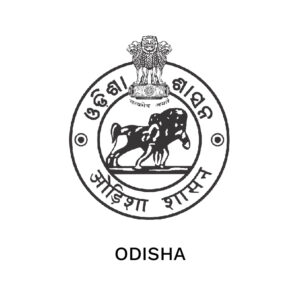
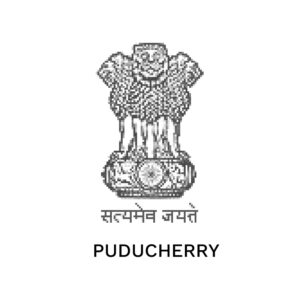
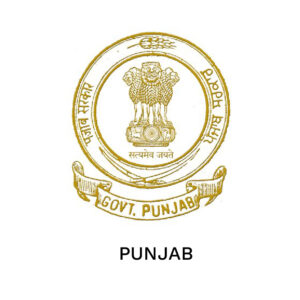
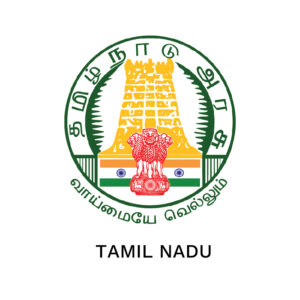
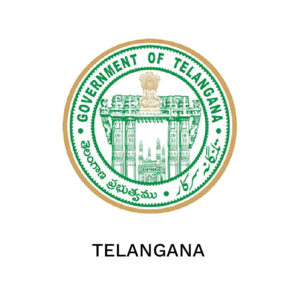
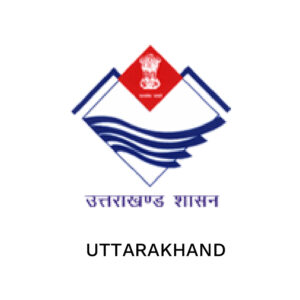
Know where our money comes from and goes with our financial balance sheets and expense reports
Explore our 5-year strategic plan that acts as a framework for our annual goals and targets
Meet our Executive Leadership team and our Advisory board who oversee our long-term strategy and mission
